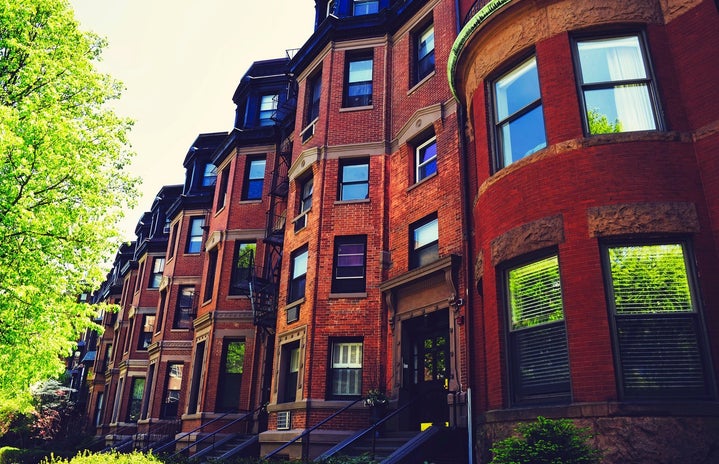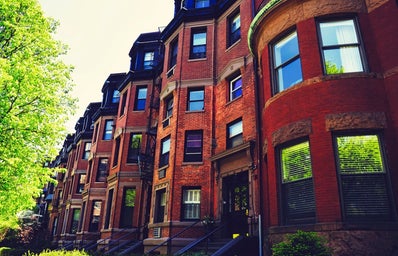Washington, D.C. ranks as the seventh most expensive U.S. city according to CNBC, and is currently experiencing an intense housing crisis.
The Metropolitan Washington Council of Governments found in 2019 that the city needed to add at least 320,000 housing units between 2020 to2030 to meet the needs of the population.
In a city with dwindling housing and an average rent of $2,400, the prospect of post-graduation housing is daunting. Without the fall-back option of on campus housing, living in the nation’s capital can be nearly impossible.
The District is consistently placed in lists of top ten cities for young professionals to reside in, so it is not shocking that many D.C. college students stay in the city following graduation. With a plethora of entry level jobs in politics, consulting and media, D.C. offers a lot of opportunities, however, the city’s housing crisis is an obstacle for many young District residents.
This issue affects many new occupants to the city even beyond recent D.C. University graduates. The crisis has even made news for giving trouble to young newly elected officials such as Maxwell Frost and Alexandria Ocasio-Cortez. Frost was rejected from an apartment due to bad credit history, which is common in young people who are learning to manage their finances and afford their expenses.
Most D.C. apartments have income requirements for applicants that are often at least two times the rent; which can be found on the application for a unit. This requirement is often a deterrent to recent college graduates looking to start “adult life” in the district.
In many cases, young professionals still have to sign a lease with a guarantor which often has to be a parent that hits a certain income requirement. In an interview with recent American University graduate, Sophie Bionelli, she stated her roommate and her still needed a guarantor despite both having a full time salaried job.
For AOC, the housing in Washington was simply too expensive which is ultimately the core issue in the crisis. The entire nation is in a cost of living crisis and younger generations are hit the hardest with financial freedom increasingly becoming an unachievable goal. A recent Bank of America research study found that 73% of Gen Z finds it difficult to save in the current economic environment.
Beyond costs, it is difficult for recent graduates to settle down in an area of the city. During college, most students live in proximity to their school and many in the same buildings, but post-grad the options are expanded. This is often a positive because it gives more freedom to decide on price, amenities and size. However, it does leave room for confusion on what neighborhoods to choose.
Bionelli also stated in her interview that this was a difficult aspect when moving post-graduation. “AU is a bubble and we don’t leave often so it’s hard to know what neighborhoods are a good fit,” Bionelli said. She went on to say that although she wanted to live near her office, which is in Dupont Circle, she was unable to find a place that was affordable.
Ultimately, the D.C. housing crisis affects the majority of residents in the district. However, it poses unique challenges to recent college graduates that are just starting out in their career, making an already difficult transition a source of emotional and financial stress.




